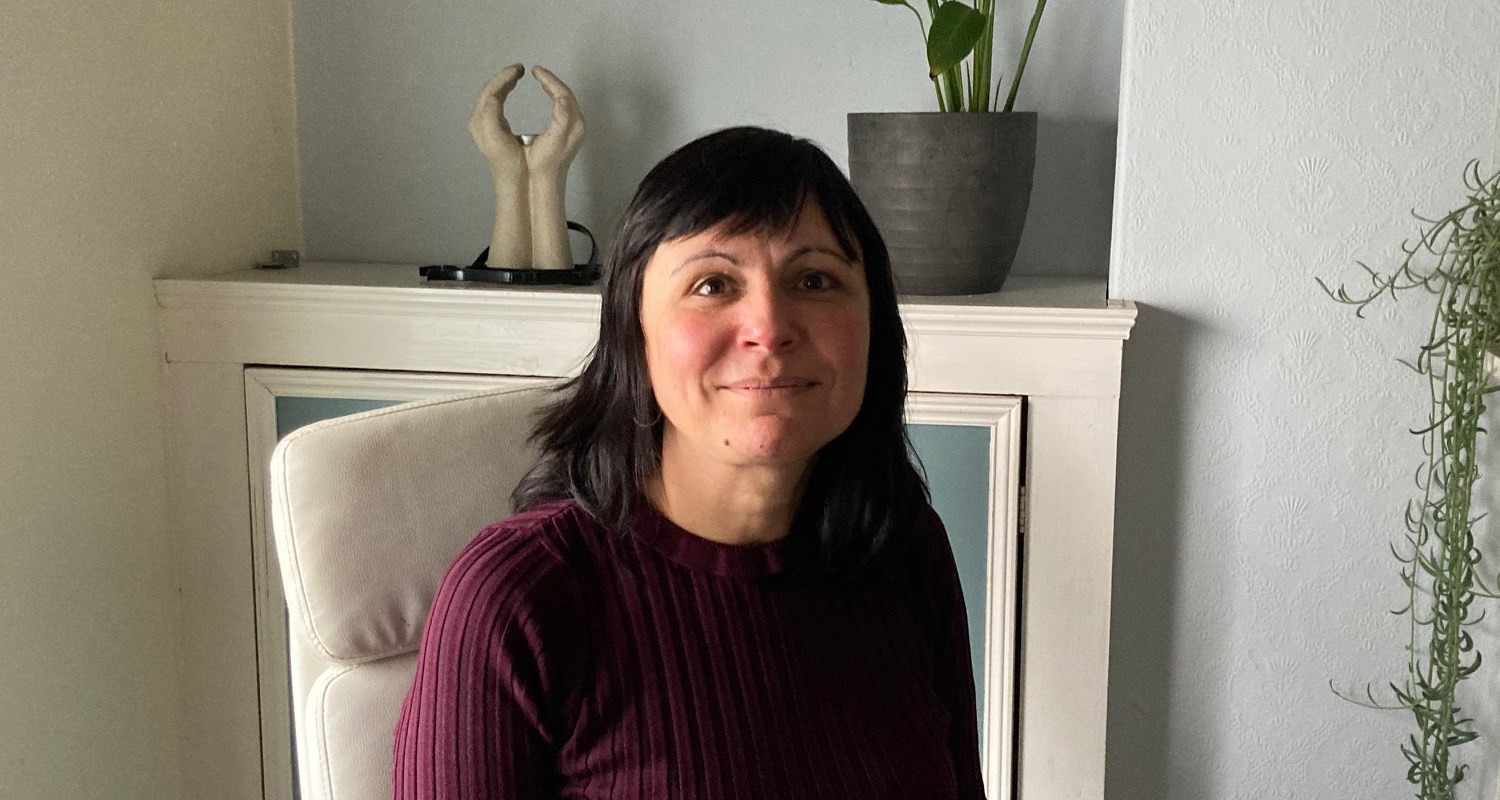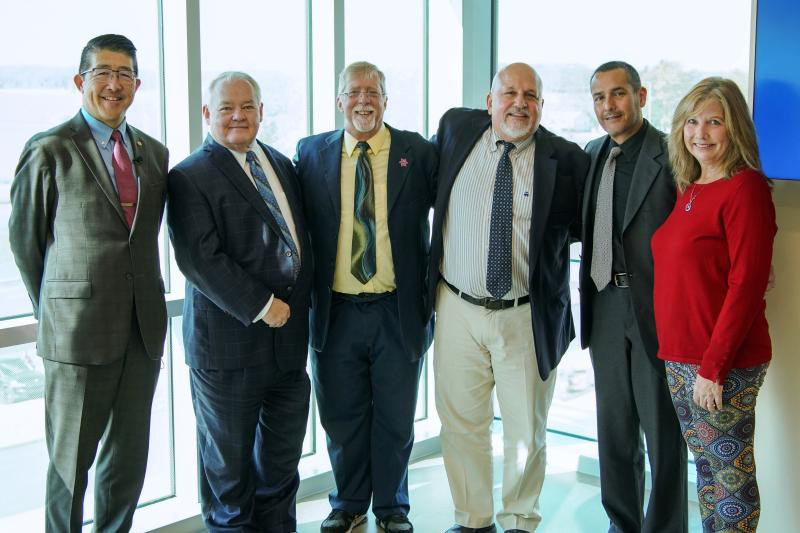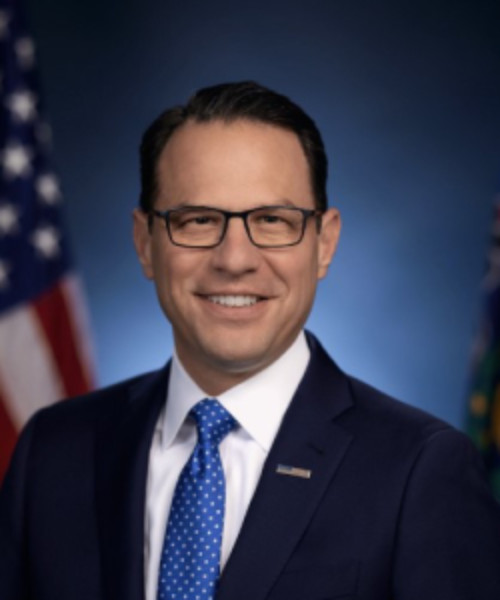Almost 90 per cent of psychiatrists working in Australia do so in cities - with over twice the number of metro-based psychiatrists compared to inner regional areas; three times that in outer regional areas; and over six times the number in very remote areas, the Australian Institute of Health and Welfare says.
As a newly minted psychiatrist I have chosen to stay and work in regional Victoria. Originally from Melbourne and having grown up in Adelaide, I returned to Melbourne to study medicine at Monash University. As part of my fourth year of study, I had to take a clinical placement in a rural or regional area. For me that was Mildura and it was a life-changing decision.
There is significant evidence medical students who experience life working or studying in a regional area are more likely to return. It's a smart move because, as we all know, there is a healthcare drought outside of the major cities.
Rural Training: A Different Kind of Doctoring
In that fourth year I not only came to love the lifestyle - walking to work, no traffic - but also the training I received. In regional hospitals a student gets up close and personal with a broad range of patients and, more importantly, with their clinical supervisors and specialists.
These aren't white-coated gods that make you feel like any question you ask will be a stupid one. In a rural setting the specialist is likely to share your tearoom, sit in an office next door, and ask you how your weekend was. So, asking a medical question, in essence learning at the knee of the experienced, is way less daunting.
If there were stupid questions asked it was always, always, about why on earth I didn't return to Melbourne or Adelaide and instead chose to stay rurally.
These were questions I politely circumvented. Until I realised by not addressing them, I was maintaining the myth that being a rural doctor is somehow second-best to working in a big metro hospital.
So, I came up with some answers that, hopefully, others can use to redress the idea that healthcare workers in rural, regional and remote Australia do so because they can't hack it in the cities.
Why Rural Medicine Is More Than Just a Second-Best Option
To those who ask, "aren't you worried you are missing out on something?", my answer is simple.
Even in a metro area you miss out on something so, yes, I'll miss out on things. But the experiences and learning I get from training rurally are the ones I don't want to miss out on.
In psychiatry there is always the question of what sort of patients you see rurally compared to the big cities. To "have you ever got to diagnose a person with (inset super complex psychiatric syndrome here)?". The answer: have you ever got to look after a patient through their adolescence, pregnancy, first child, menopause and into their old age?
That's the sort of training and patient care I experience on a daily basis.
The Rural Healthcare Gap
The Royal Australian and New Zealand College of Psychiatrists says less than 3 per cent of the college's funded training positions are located in rural towns, or remote/very remote communities. Yet 30 per cent of Australians live outside of metro areas.
That is a big disconnect between the need for mental health services and availability and their accessibility.
We need to change the narrative. Yes, getting students to train regionally does lead to more remaining in those country towns, but it's always seen, initially, as something they are forced to experience in order to learn to love the idea of rural medicine.
A New Model for Rural Healthcare: The Single Employment Model
Dr Nabrees Sinnalebbe says a Single Employment Model could help Mildura build its own medical workforce. MILDURA Base Public Hospital has been selected as one of three pilot sites in Victoria to trial a new placement model for upcoming doctors.
In 2025 and 2026 up to five positions will be offered to rural generalist (RG) trainees to make on the job education and working in the county more attractive as part of a system known as a single employment model pathway. This model offers trainees a single employer, combining training and employment, to create a more integrated and supportive pathway for rural doctors. This could be a game-changer for attracting and retaining healthcare professionals in rural areas.
The Single Employment Model is a potential solution to the rural healthcare gap, addressing the need for more doctors in rural areas. This initiative offers a more attractive pathway for medical students and trainees, encouraging them to embrace the rewarding experience of rural medicine. By providing a supportive environment and a clear career progression, it could be the key to ensuring a brighter future for rural healthcare in Australia.



















